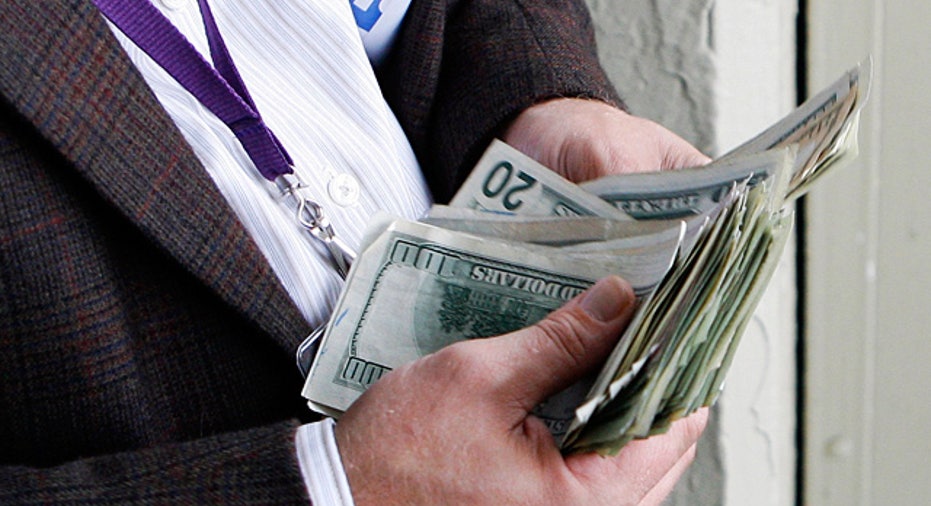Insure Your Cash Against Theft

Homeowners and renters who've never read their policy may be surprised to learn that cash can be insured along with the other contents of a house, condominium or apartment. That means coins, currency, gift cards and other cash equivalents that are stolen or lost could be recovered through an insurance claim.
Lost or stolen cash is subject to policy deductibles and limits, similar to jewelry, artwork, collectibles, stock, bonds, plasma TVs and the like, according to Pete Moraga, a spokesman for the Insurance Information Network of California in Los Angeles.
"When it comes to contents, there is an overall aggregate contents limit, but there is also a per-item limit. That's really the most important thing, because all of these items can have different limits and different ways that they're insured," he says.
The per-item limit is specified in the insurance policy. For cash, the amount might be as low as $200 or run to more than $1,500. Alternatively, a higher limit might be offered as an option, referred to as an "endorsement" or "rider" for an additional premium.
Here are some facts homeowners and renters should know about cash insurance coverage:
- It's a common misconception that cash stolen from a car would be recoverable through an auto insurance policy. Not so, according to Christina Tyler Loznicka, a spokeswoman for Allstate Insurance Co. in Northbrook, Ill. In fact, vehicle policies typically don't cover contents.
- Whether cash or cash equivalents are covered in different circumstances depends on the policy, Moraga says. For example, money that went missing from a suitcase at an airport might be covered by homeowners or renters insurance, depending on how the policy is worded.
- Cash stolen by someone who entered a home or apartment for a legitimate reason would be covered, subject to the same conditions as cash stolen in a breaking-and-entering situation. That means money taken by a home-repair contractor, landlord, in-home employee, party guest or family member may be a covered peril. "Unless you did it yourself intentionally, that would be the only instance that wouldn't be covered because that would be fraud," Moraga says.
- Cash that's connected to a home-based business or brought into the home from a business operated elsewhere might be covered, again depending on the circumstances and the policy terms. One issue would be whether the homeowner or renter had disclosed the business and obtained proper insurance for it. "If you're running a business from home and it involves cash, and you haven't declared that and the agent or company finds out, it could be excluded," Moraga says. "It's always a good idea to have separate coverage for a business." Still, a homeowners or renters policy might offer some protection for a business-related loss of cash in the home, so it's a good idea to read the policy or call the agent or insurer to find out. Experts also advise that large sums of cash not be kept at home, or if that proves necessary, be locked in a safe.
- Insurance claims generally are more likely to be accepted when the insured has proof of purchase or possession of the lost or stolen items. That's true of cash as well. An ATM receipt, a deposit slip showing a cash withdrawal or other document or official police report of, say, a burglary, purse-snatching or pickpocket incident might help to support a claim. Some claims may be honored on the policyholder's say-so, Moraga says.
- Insurance generally isn't intended to protect small losses such as a $10 bill. Rather, it offers protection against major perils from which the policyholder otherwise wouldn't be able to recover financially, says Jeanne Salvatore, a spokeswoman for the Insurance Information Institute in New York. "It's designed for the catastrophic loss that you couldn't afford to pay for out of your own pocket," she says.



















